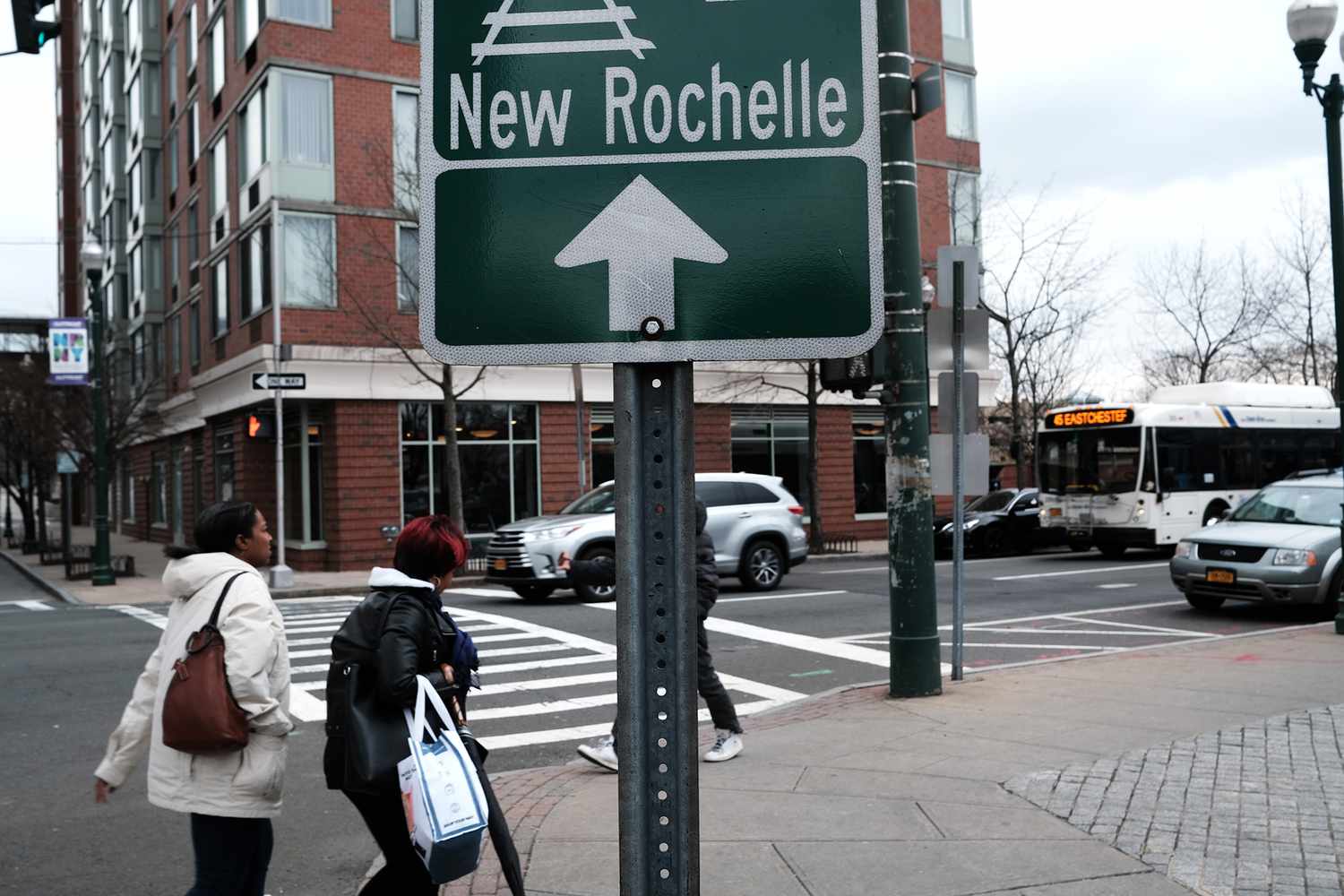WHO Declared a Pandemic

A lot had already been happening around the world by the time the World Health Organization officially declared COVID-19 a global pandemic: people in China and Italy were getting diagnosed and dying at alarming rates, and more than 1,000 Americans had been diagnosed, with 31 dead in the United States. Though the WHO said declaring a pandemic didn’t change the way the organization was approaching COVID-19 or how countries approached it, they did urge countries affected to “detect, test, treat, isolate, trace, and mobilize their people in the response.”
1of 5
Tom Hanks & Rita Wilson Were Diagnosed

Late at night on the 11th of March, pop culture entered the picture when Tom Hanks and Rita Wilson, in Australia to film his latest movie, announced they’d been diagnosed with COVID-19. “We felt a bit tired, like we had colds, and some body aches. Rita had some chills that came and went. Slight fevers too,” Hanks, then 63, wrote in an Instagram post. “Well, now. What to do next? The Medical Officials have protocols that must be followed. We Hanks’ will be tested, observed, and isolated for as long as public health and safety requires. Not much more to it than a one-day-at-a-time approach, no? We’ll keep the world posted and updated. Take care of yourselves!”
2of 5
The NBA Stopped Play

Following the announcement that Utah Jazz player Rudy Gobert tested positive for coronavirus on March 11, his team’s evening game was canceled and following the rest of the night’s play, the NBA came to a halt. “The NBA will use this hiatus to determine next steps for moving forward in regard to the coronavirus pandemic,” a statement from the league shared on Twitter concluded. Days prior, Gobert On Monday, Gobert appeared to poke fun at the virus during a press conference when he leaned over and touched all of the microphones and recorders following his interview, not knowing at the time he was positive.
3of 5
President Trump Banned Travel from Europe

Though then-President Trump had already banned travel from China in late January, on March 11, he announced a 30-day ban on travel from Europe to the United States. The restrictions did not apply to legal permanent residents and immediate family members of U.S. citizens. “These restrictions will be adjusted subject to conditions on the ground,” he added. “There will be exemptions for Americans who have undergone appropriate screenings.” With just days to return home, Americans abroad scrambled back to U.S. airports, causing bottlenecks at customs.
4of 5
New York Became a Hot Spot

Though most U.S. cases and deaths were coming from the West Coast, New York was slowly becoming the epicenter of the virus, with 50 cases in the town of New Rochelle linking back to one COVID-positive attorney. The National Guard was deployed to the town, about 25 miles outside of New York City, to help with cleaning and other necessary aid that would help prevent further spread.
5of 5
Source: Read Full Article